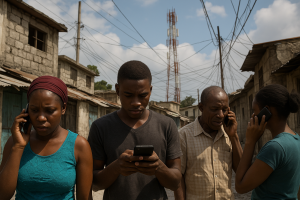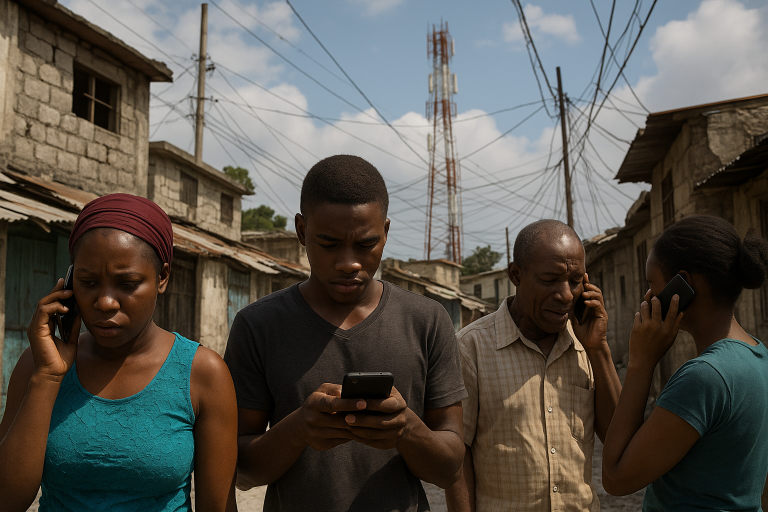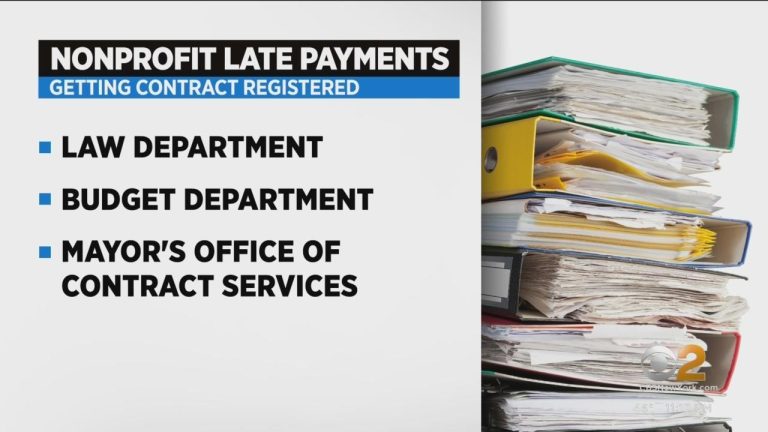The COVID-19 pandemic has affected countries across the globe, including Haiti. While the virus has had a significant impact on public health, it has also created challenges for Haiti’s economy, particularly when it comes to employment. This blog post will assess the impact of COVID-19 on employment in Haiti and examine the challenges and opportunities for recovery.
Impact of COVID-19 on Employment in Haiti
The COVID-19 pandemic has caused significant damage to Haiti’s economy, leading to job losses and income reductions. According to the International Labour Organization (ILO), the pandemic has caused a loss of 165,000 jobs in Haiti’s economy, with the majority of these job losses occurring in the informal sector. Additionally, many businesses and industries have been unable to operate, leading to further job losses.
Challenges to Employment Recovery in Haiti
Haiti’s employment market faces several challenges in recovering from the effects of the pandemic. Political instability in the country has resulted in a lack of investment and difficulty in implementing job creation programs. In addition, the education system in Haiti has struggled to adapt to the pandemic, with many schools unable to provide remote learning opportunities for students. This lack of education may further limit job opportunities for Haitians.
Opportunities for Employment Recovery in Haiti
While the challenges facing Haiti’s employment market post-COVID-19 are significant, there are also opportunities for growth and recovery. Investing in infrastructure and technology could create new job opportunities and improve the economy. In addition, the private sector has a vital role to play in employment recovery in Haiti, as it can provide resources, investment, and training for the local population.
Case Studies of Successful Employment Recovery Initiatives in Haiti
There are examples of successful employment recovery initiatives in Haiti. For example, the “Zanmi Beni” initiative has created sustainable employment opportunities for young adults in Port-au-Prince. This initiative provides training and support for participants in fields such as construction and agriculture, helping to build skills and promote entrepreneurship. Another initiative, “PROPEL Haiti,” focuses on providing job training and support for vulnerable populations, including women and people with disabilities.
Conclusion
The COVID-19 pandemic has created significant challenges for Haiti’s economy and employment market. However, there are opportunities for growth and recovery, particularly through investment in infrastructure, technology, and the private sector. Successful employment recovery initiatives, such as Zanmi Beni and PROPEL Haiti, demonstrate the potential for creating sustainable job opportunities in Haiti. It is essential to continue supporting and investing in these initiatives to promote economic growth and help Haiti on the road to recovery.











Add a comment